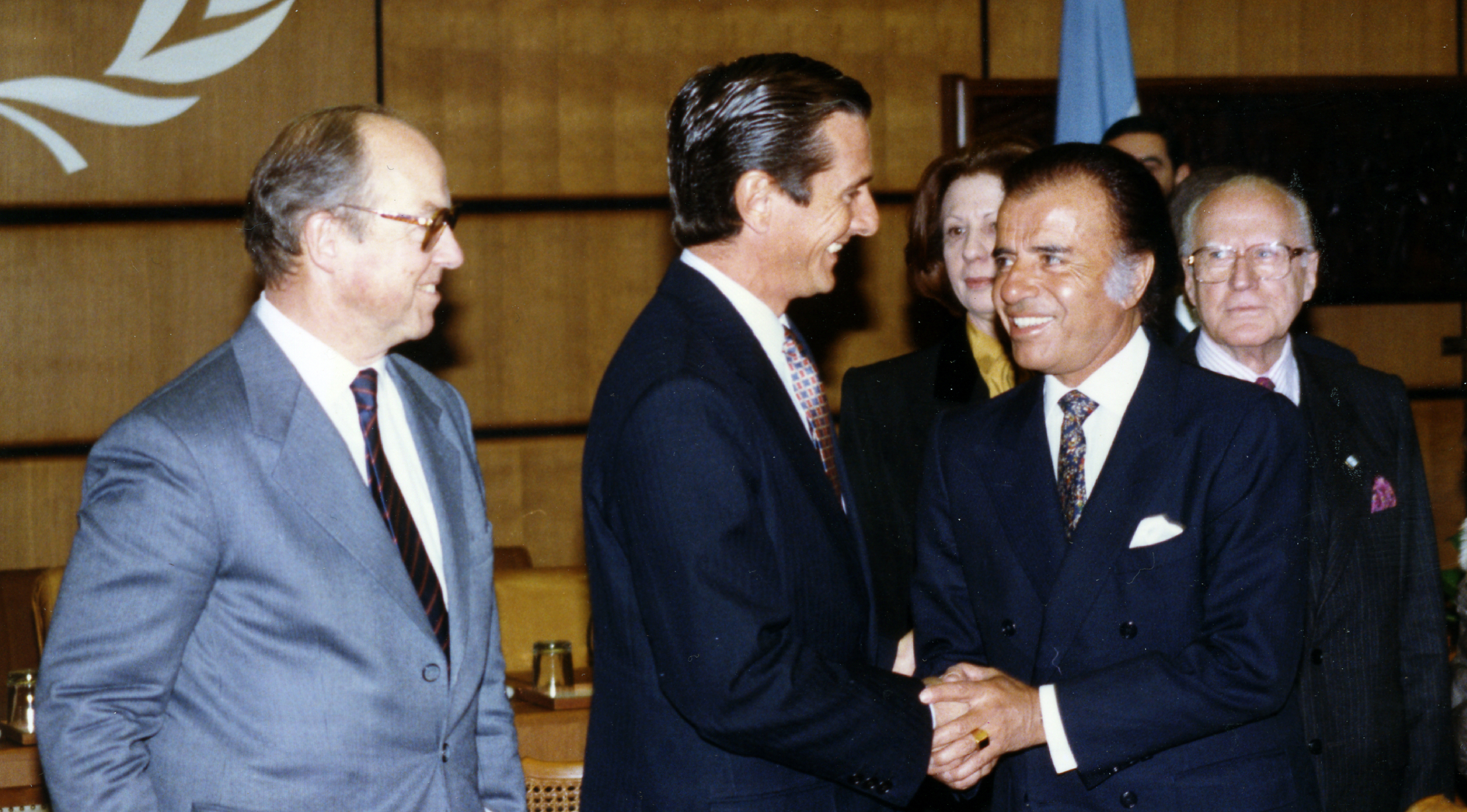The virtual seminar will be held from 12:30 to 2 p.m. (E.T.)
Brazil is a compelling example of a state capable of "going nuclear" that chose not to. This presentation will provide a nuclear history of Brazil since 1945, charting the start of a nuclear program in the 1950s, the role of competing nuclear technology suppliers and proliferation controls, the decision to create a secret program in 1978, and will explain Brazil’s eventual decision to give up a nuclear weapon option and embrace nonproliferation and disarmament norms after decades of opposition. It also will address Brazil’s approach to the 2017 UN Treaty on the Prohibition Nuclear Weapons. It is based on the recently published book Brazil in the Global Nuclear Order, 1945-2018.
About the speaker: Carlo Patti is Professor of International Relations at the Federal University of Goiás (Brazil), where he coordinates the graduate program in Political Science. His research focuses on Brazil’s foreign policy, Brazil’s nuclear history, international history, nuclear diplomacy, and international security.
